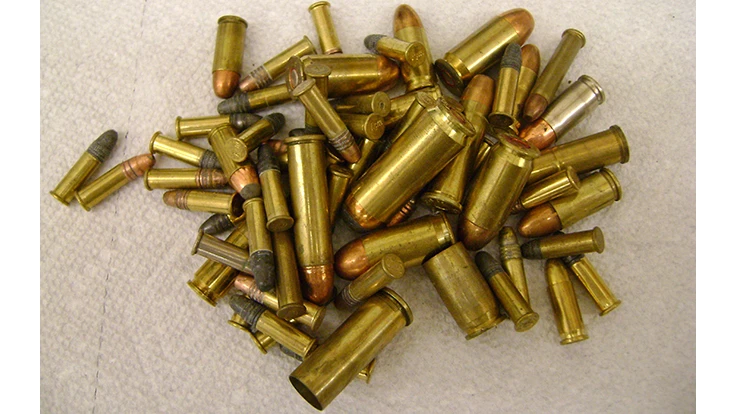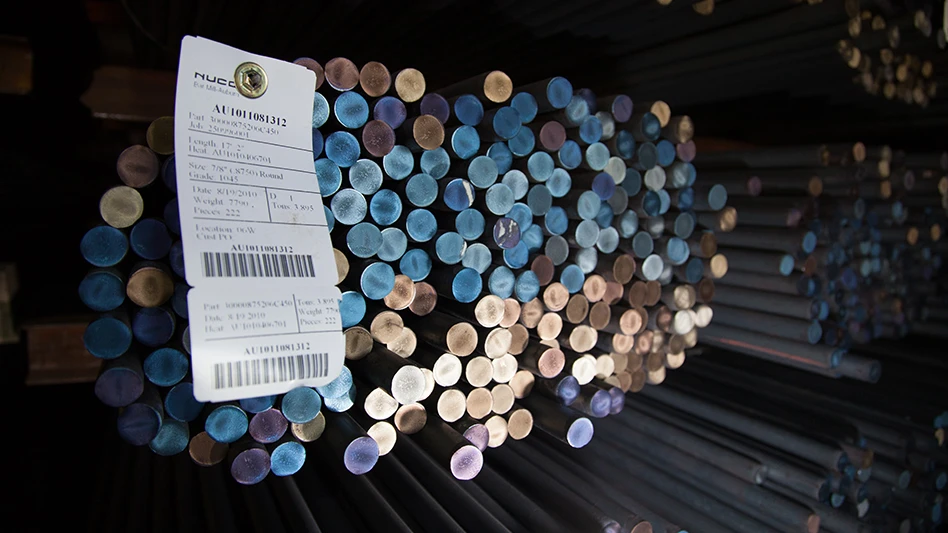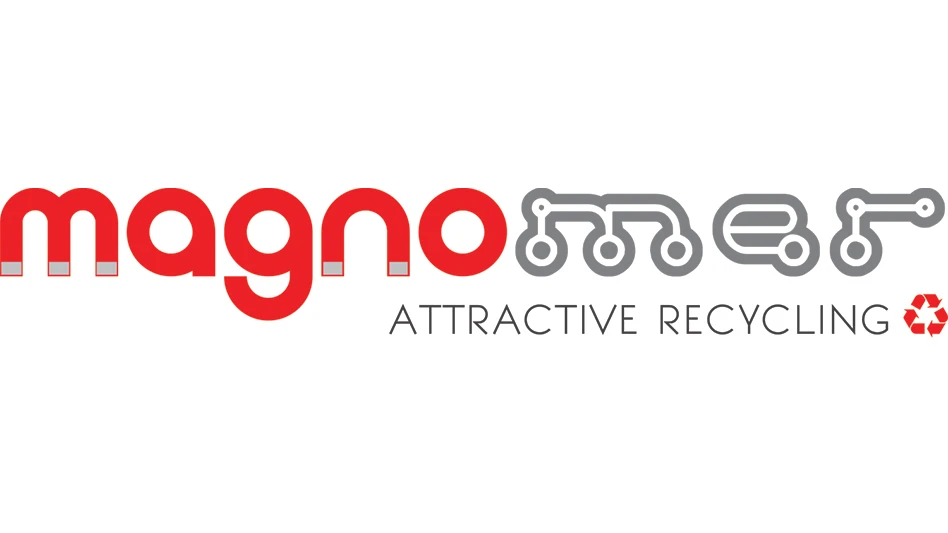
The military, police departments, gun stores and firearms and ammunition makers often deal with the problem of having unwanted or expired bullets on hand, according to David Spiegelman of Norwood, Massachusetts-based User-Friendly Recycling LLC.
Among the last things established recycling companies want to have on hand (or in any way commingled with other materials), however, is live ammunition.
The dilemma has spurred Spiegelman and researchers at the University of Massachusetts-Dartmouth’s Center for Innovation and Entrepreneurship (CIE) to build prototype devices designed to safely convert unspent bullets into recyclable metal powder and inactive gunpowder, which can be used for its chemical properties.
Spiegelman says he first encountered the problem when handling materials from a property foreclosure that included live ammunition. “I couldn’t find a resource to get rid of it; no one wanted to pick it up,” says Spiegelman, who adds that he ultimately was able to convince the reluctant local police department to accept the bullets.
Subsequently, Spiegelman found that police departments were among a larger constituency that had few or no avenues through which to dispose of or recycle live ammunition. He then turned to the CIE and its staff of researchers, including Chen-Lu Yang and Tobias Stapleton, each of whom holds a Ph.D. degree.
“We see it as a market opportunity,” says Stapleton of the prototype that the CIE eventually created. “The process developed renders the bullets inert and then separates them into components parts, including recyclable copper and [inert] gunpowder that can be used in the fertilizer market.”
The patented recycling system involves a tumbler that contains a chemical solution. Stapleton says they are striving to use a solution that is so mildly caustic that, after being used and after “a little bit of treatment,” it is suitable to be drained into the municipal sewer system.
The most recent prototype can handle 20 pounds of ammunition per cycle, but Stapleton and Spiegelman say they believe the process can be ramped up to a larger scale if the market is sufficient.
Spiegelman says the prospect list for the system includes firms that specialize in handling special and hazardous wastes; state or regional law enforcement consortiums, scrap recyclers and ammunition and firearms firms that can use the devices on-site.
Those interested in more information or a demonstration can contact Spiegelman at 781-269-5021 or david@ufrecycling.com.
Latest from Recycling Today
- Nippon Steel acknowledges delay in US Steel acquisition attempt
- BASF collaborates to study mechanical plastic recycling
- Commentary: navigating shipping regulations for end-of-life and damaged batteries
- Haber raises $44M to expand to North America
- Canada Plastics Pact releases 2023-24 Impact Report
- Reconomy brands receive platinum ratings from EcoVadis
- Sortera Technologies ‘owning and operating’ aluminum sorting solutions
- IDTechEx sees electric-powered construction equipment growth





